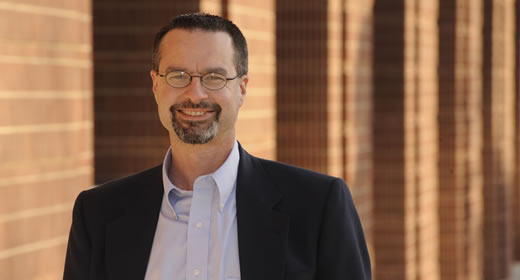
Now that the election is over, political conjecture is turning to what the newly elected will do in office, how (and even if) it forecasts 2020, and in some cases what sitting governments are doing before power changes hands in January. To help make sense of such conjecture, Associate Director of CLOSUP Tom Ivacko was featured in the New York Times piece “Are Rural Voters the ‘Real’ Voters? Wisconsin Republicans Seem to Think So” by Emily Badger and interviewed by Matthew Rozsa for Salon’s feature “Michigan GOP use lame-duck session as ‘strong-arm effort to limit the future power of Democrats’,” both published on December 6, 2018.
In Michigan, Ivacko says GOP officials are holding true to “a history of bold moves,” as seen by their attempt to pass measures that would disempower newly elected Democrats. This step is in line with those made in Wisconsin, which Ivacko spoke on in the New York Times piece. Ivacko says it’s part of a very intentional attempt to allocate power towards whichever party is in control. In that piece, Ivacko states that “the impact is corrosive in many ways to the democratic process over time. It certainly leaves many voters feeling like their vote doesn’t count.”
He expounds on similar themes in the Salon interview, noting the way in which gerrymandering and the current lame-duck session power-grabs leave incoming Democrats with limited options to reverse such efforts. This will have a significant impact on Democratic policy goals, which Ivacko lists to be everything from campaign finance laws and environmental policy to, ironically, voter-approved anti-gerrymandering initiatives. Ivacko states that this is “part and parcel of a bold power grab by a diminished GOP, before they lose the ability to control both the executive and legislative branches of state government, as they’ve had over the last eight years.”
These moves by the GOP foreshadow difficulty in the efficacy of the new legislature with the new Democratic Governor Whitmer. “The current power grab by the outgoing GOP legislature,” Ivacko ends the interview saying, “will likely strain these new relationships at the very start of Whitmer’s term, so it remains to be seen whether bipartisanship can be realized, or whether it will be a pure Michigan pipe dream.”
Read the full New York Times piece here and the Salon interview here.
Tom Ivacko currently serves as the Center for Local, State, and Urban Policy’s associate director, having been involved since its founding in 2001. Ivacko also manages the Michigan Public Policy Survey (MPPS) program at the Ford School of Public Policy.
